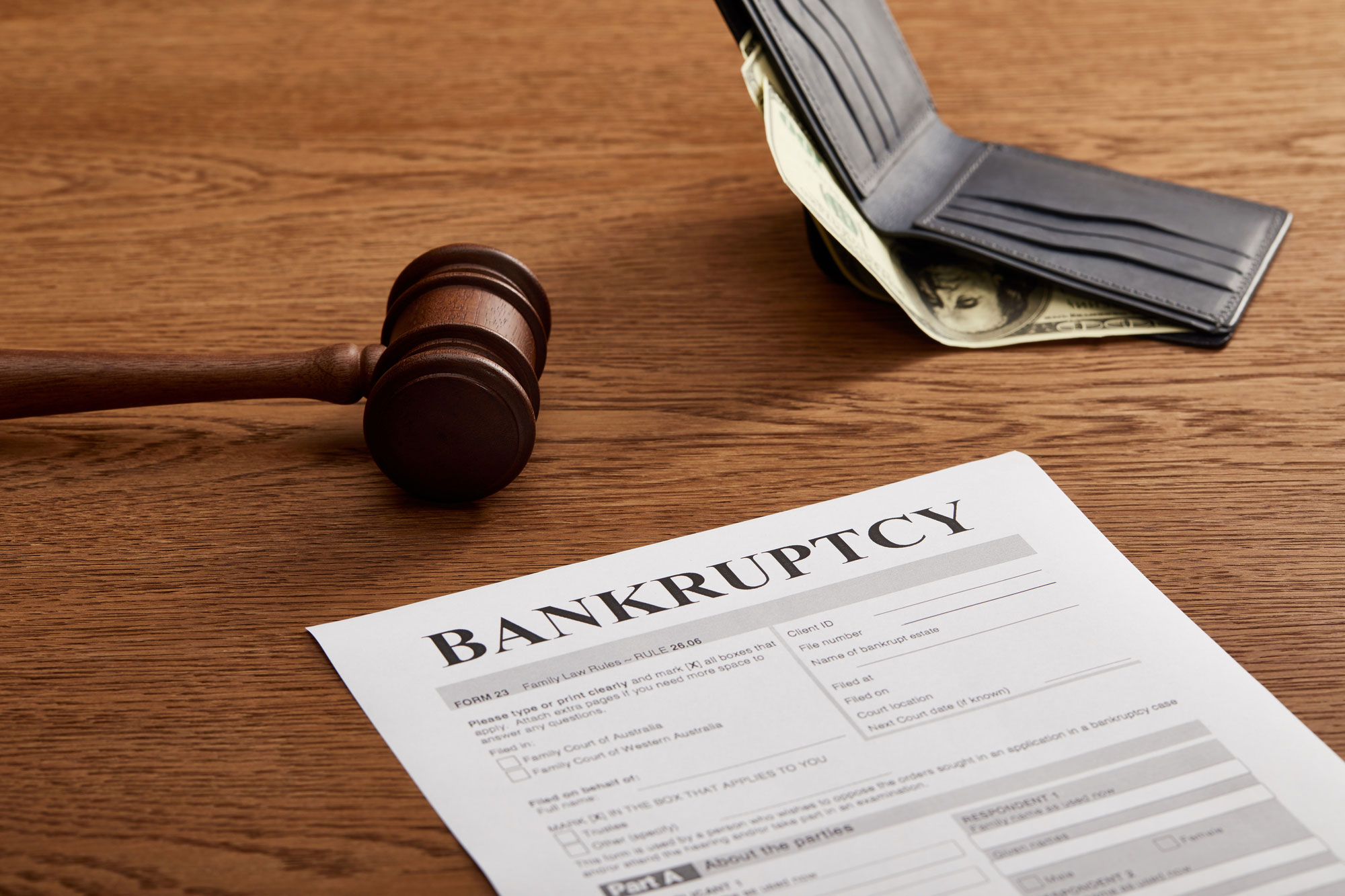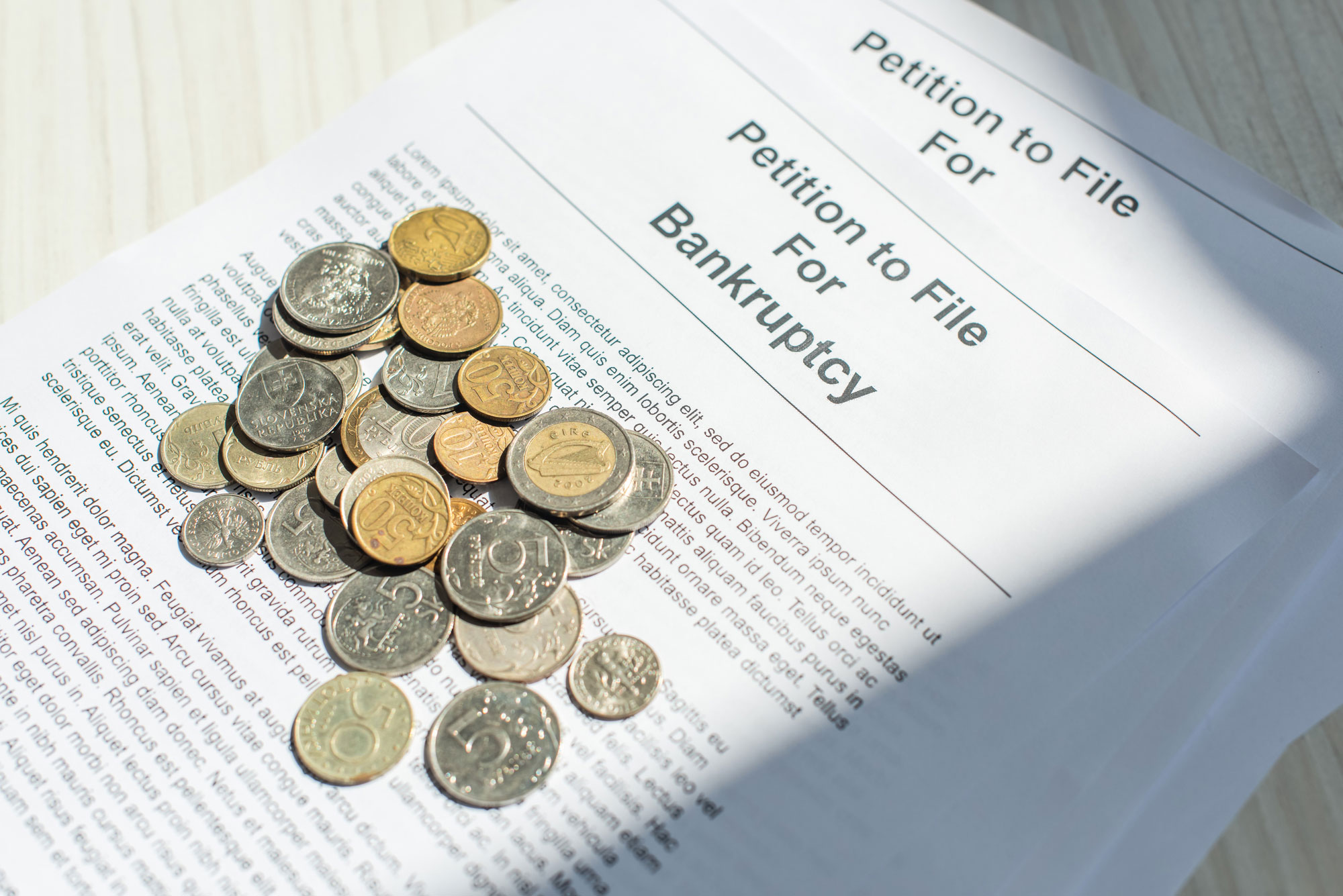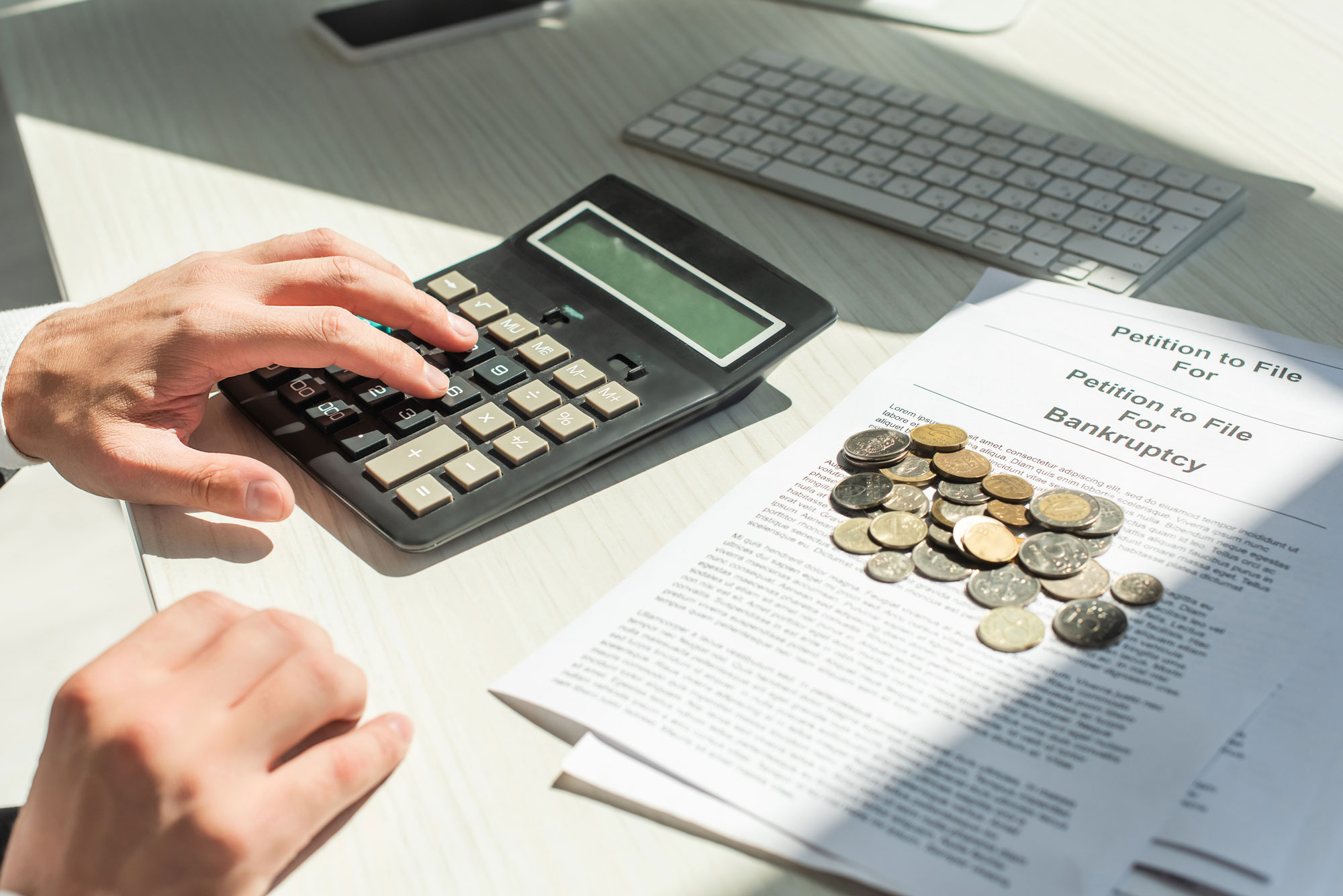Bankruptcy Law
Navigating the complexities of bankruptcy law can be daunting, but understanding the process and having the right legal guidance can make all the difference. Whether you’re an individual facing overwhelming debt or a business seeking financial relief, finding the right bankruptcy law attorney is crucial. Our directory is designed to simplify your search, connecting you with experienced lawyers who specialize in bankruptcy law. From Chapter 7 to Chapter 13 bankruptcy, our platform provides the resources you need to make informed decisions about your financial future.
Introduction to Bankruptcy Law
What is Bankruptcy?
Bankruptcy is a legal process designed to help individuals and businesses overwhelmed by debt to regain financial stability. It involves filing a petition in a bankruptcy court, which initiates proceedings to manage and, in some cases, discharge debts.
Importance of Bankruptcy Law
Bankruptcy law provides a framework for debtors to resolve their financial difficulties while offering protection to creditors. It allows debtors to either restructure their debts or liquidate assets to repay creditors, depending on the type of bankruptcy filed.
Types of Bankruptcy
Chapter 7 Bankruptcy
Chapter 7 bankruptcy, also known as liquidation bankruptcy, involves selling non-exempt assets to repay creditors. It is typically available to individuals and businesses with limited income or assets.
Chapter 13 Bankruptcy
Chapter 13 bankruptcy, often referred to as reorganization bankruptcy, allows debtors to create a repayment plan to settle debts over a period of three to five years. It is suitable for individuals with a regular income who want to keep their assets while repaying creditors.
Understanding Bankruptcy Processes
Bankruptcy Filing
The bankruptcy filing process begins with submitting a petition to the bankruptcy court. Debtors must provide detailed information about their financial situation, including income, assets, and liabilities.
Bankruptcy Court Proceedings
Once the petition is filed, the bankruptcy court oversees the proceedings, which may include meetings with creditors, hearings, and the appointment of a trustee to oversee the case.
Role of Bankruptcy Trustee
A bankruptcy trustee is appointed by the court to administer the bankruptcy estate, review the debtor’s financial affairs, and ensure compliance with bankruptcy laws. The trustee plays a crucial role in facilitating the distribution of assets to creditors.
Understanding Bankruptcy Processes
Bankruptcy Code Overview
The Bankruptcy Code is a federal law that governs bankruptcy proceedings in the United States. It provides guidelines and procedures for filing bankruptcy, determining eligibility, and resolving debt-related issues.
Bankruptcy Petition and Forms
Debtors must complete various forms and documents when filing for bankruptcy, including schedules listing their assets, liabilities, income, and expenses. These forms help the court and creditors assess the debtor’s financial situation.
Bankruptcy Exemptions
Bankruptcy exemptions allow debtors to protect certain assets from being liquidated during bankruptcy proceedings. These exemptions vary by state and may include homestead exemptions, personal property exemptions, and exemptions for retirement accounts.
Bankruptcy Discharge
A bankruptcy discharge releases debtors from personal liability for certain debts and prohibits creditors from taking further action to collect those debts. Not all debts are dischargeable, and eligibility for a discharge depends on the type of bankruptcy filed.
Seeking Legal Assistance
Importance of Bankruptcy Attorney
Navigating the complexities of bankruptcy law can be challenging without legal guidance. A bankruptcy attorney can provide invaluable advice, represent the debtor in court proceedings, and ensure that their rights are protected throughout the process.
Bankruptcy Consultation Process
During a bankruptcy consultation, debtors meet with a bankruptcy attorney to discuss their financial situation, explore available options, and determine the best course of action. The attorney may evaluate the debtor’s eligibility for bankruptcy and explain the potential consequences.
Choosing the Right Bankruptcy Lawyer
When selecting a bankruptcy lawyer, it is essential to consider their experience, expertise, and track record of success in handling bankruptcy cases. Debtors should also inquire about fees and communication expectations before hiring an attorney.
Bankruptcy Options and Alternatives
Bankruptcy Options and Alternatives
Debt consolidation involves combining multiple debts into a single loan with a lower interest rate, making it easier to manage payments. Unlike bankruptcy, debt consolidation does not involve liquidating assets or obtaining a discharge of debts.
Bankruptcy vs. Debt Settlement
Debt settlement involves negotiating with creditors to settle debts for less than the full amount owed. While it can provide relief from overwhelming debt, debt settlement may have adverse effects on credit scores and does not guarantee the elimination of all debts.
Bankruptcy vs. Debt Negotiation
Debt negotiation involves directly contacting creditors to negotiate repayment terms, such as lower interest rates or extended payment periods. While it can help debtors avoid bankruptcy, debt negotiation may not be suitable for individuals with significant debt or limited resources.
Legal Guardians and Custodians
Legal guardians are appointed to care for and make decisions on behalf of minors or incapacitated individuals, while custodians have physical custody of children pursuant to court orders or agreements.
Financial Rehabilitation
Credit Counseling Services
Credit counseling services offer financial education, budgeting advice, and debt management plans to help individuals regain control of their finances. These services can provide valuable resources for debtors considering bankruptcy or seeking alternatives.
Debt Relief Options
In addition to bankruptcy, various debt relief options are available to individuals struggling with debt, including debt management plans, debt consolidation loans, and debt settlement programs. Debtors should carefully evaluate their options and consult with a financial advisor or attorney before making decisions.
Financial Planning after Bankruptcy
After completing bankruptcy proceedings, debtors can begin rebuilding their credit and financial stability. This may involve creating a budget, establishing an emergency fund, and responsibly managing credit accounts to demonstrate creditworthiness.
Bankruptcy Resources
Bankruptcy Forms and Documents
Accessing bankruptcy forms and documents is essential for debtors preparing to file for bankruptcy. These forms can typically be obtained from the bankruptcy court’s website or through legal resources provided by attorneys or online services.
Bankruptcy Advice and Guidance
Seeking advice and guidance from reputable sources, such as bankruptcy attorneys, financial advisors, and government agencies, can help debtors make informed decisions about their financial future. Online resources, books, and educational materials may also provide valuable insights into bankruptcy law and procedures.
Bankruptcy Court Locations and Contact Information
Seeking advice and guidance from reputable sources, such as bankruptcy attorneys, financial advisors, and government agencies, can help debtors make informed decisions about their financial future. Online resources, books, and educational materials may also provide valuable insights into bankruptcy law and procedures.
Additional Resources on Bankruptcy Law
American Bankruptcy Institute
Provides educational resources, research, and advocacy on bankruptcy issues.
United States Courts
Offers information on bankruptcy court procedures, forms, and resources for debtors and creditors.
National Association of Consumer Bankruptcy Attorneys
Provides referrals to bankruptcy attorneys and educational materials for consumers.
Internal Revenue Service (IRS):
Offers guidance on tax implications of bankruptcy, including dischargeable and non-dischargeable tax debts.
Federal Trade Commission (FTC)
Provides consumer information on bankruptcy, debt relief options, and avoiding bankruptcy scams.
Understanding Bankruptcy Consequences
Dischargeable Debts in Bankruptcy
Certain debts, such as credit card balances, medical bills, and personal loans, may be discharged in bankruptcy, meaning debtors are no longer legally obligated to repay them. However, not all debts are dischargeable, and debtors should consult with a bankruptcy attorney to understand which debts qualify for discharge.
Non-dischargeable Debts in Bankruptcy
Some debts are not eligible for discharge in bankruptcy, including child support payments, alimony obligations, student loans (in most cases), and certain tax debts. Debtors remain responsible for these debts even after completing bankruptcy proceedings.
Consequences of Bankruptcy Filing
Bankruptcy can have long-term consequences on debtors’ credit scores, financial reputation, and ability to obtain credit in the future. It is essential for debtors to weigh the benefits and drawbacks of bankruptcy carefully and consider alternative options before filing.
Common Questions about Bankruptcy
What is the difference between Chapter 7 and Chapter 13 bankruptcy?
Chapter 7 bankruptcy involves liquidating assets to repay creditors, while Chapter 13 bankruptcy allows for a repayment plan over several years.
Will I lose all my possessions if I file for bankruptcy?
Bankruptcy exemptions protect certain assets from liquidation, such as a primary residence, vehicle, and personal belongings.
How long does bankruptcy stay on my credit report?
Bankruptcy typically remains on your credit report for up to 10 years, but its impact on creditworthiness lessens over time.
Can I file for bankruptcy without an attorney?
While it is possible to file for bankruptcy without an attorney (pro se), it is not recommended due to the complexities of bankruptcy law.
Will filing for bankruptcy stop creditor harassment?
Filing for bankruptcy triggers an automatic stay, which halts creditor collection actions, including harassment, foreclosure, and wage garnishment.
Conclusion
Bankruptcy law serves as a lifeline for those burdened by insurmountable debt, offering a structured path towards financial recovery. By grasping the fundamentals of bankruptcy procedures, available avenues, and potential ramifications, debtors can approach their financial challenges with clarity and confidence. However, the journey through bankruptcy terrain is intricate, requiring the expertise of seasoned legal counsel to navigate effectively.
Seeking guidance from a proficient bankruptcy attorney is not merely advisable but imperative in ensuring a smoother transition through the bankruptcy process. These professionals offer invaluable insights, personalized strategies, and unwavering support, empowering individuals and businesses to make informed decisions and secure their financial future. For ongoing assistance and expert advice on bankruptcy law, debt relief strategies, and avenues for financial rejuvenation, individuals are encouraged to tap into the wealth of resources provided by reputable legal practitioners, financial advisors, and government agencies. By taking proactive measures and leveraging the support of knowledgeable professionals, individuals can chart a course towards a brighter financial horizon.








